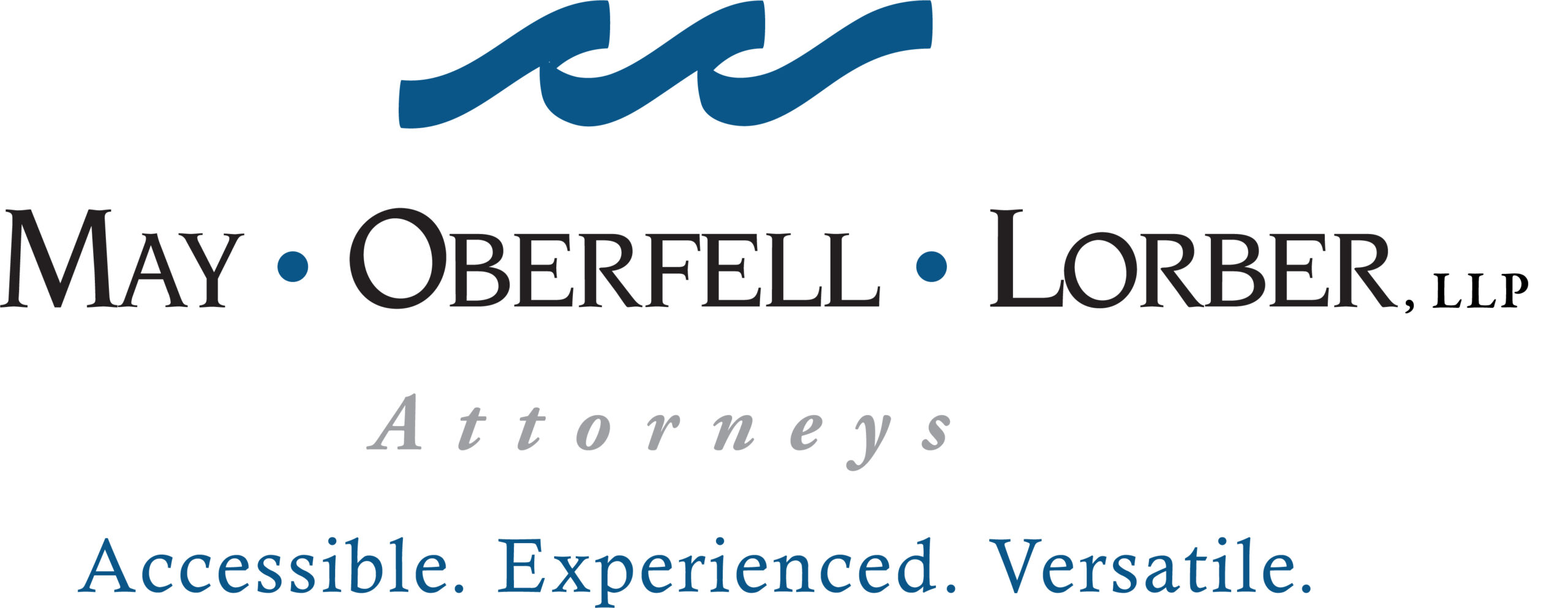What is a Miller’s Trust
You may have heard from a friend about needing a “Miller’s Trust” or you may have come across a “Miller’s Trust” while researching the type of legal documents one may need when getting older. It is not important how you first heard of a “Miller’s Trust” but it is important for you to understand whether or not you need to have a “Miller’s Trust”. A “Miller’s Trust” is another name for a Qualified Income Trust (“QIT”). The name “Miller’s Trust” came from the Court’s decision in Miller v. Ibarra, 746 F. Supp. 19 (D. Col. 1990).
A QIT is used for the express purpose of qualifying for Medicaid assistance. A QIT is a special type of trust used to manage income – not assets or resources. “Resources” is a term used in the Medicaid area to describe a person’s assets or property. A QIT is not used for estate planning purposes, as a QIT cannot hold assets or property. Generally, a person who lives in an Indiana nursing home and makes more than $2,349.00 per month in gross income in the year 2020 would not be eligible to receive Medicaid benefits because that person’s gross monthly income exceeds Medicaid’s Special Income Level of $2,349.00 for the year 2020. However, if a person establishes a QIT and transfers enough income every month into the QIT, then that person would be eligible for Medicaid benefits.
A QIT is established by the Medicaid applicant – referred to as the “Settlor” or “Grantor” within the QIT document. The QIT identifies a Trustee – typically the power of attorney for the Medicaid applicant – to administer the QIT according to its terms. The QIT only lasts while the Medicaid applicant is alive and until any remaining balance held in the QIT upon the Medicaid applicant’s death is distributed to Medicaid as the primary beneficiary of the QIT. The QIT may need to be amended over time to adjust to changes in the Medicaid applicant’s income and/ or Medicaid’s Special Income Level.
If you need to apply for Medicaid benefits, you may need to establish a QIT or “Miller’s Trust” depending upon the amount of your monthly gross income.
This article is for informational purposes only and is not intended to constitute legal advice.
